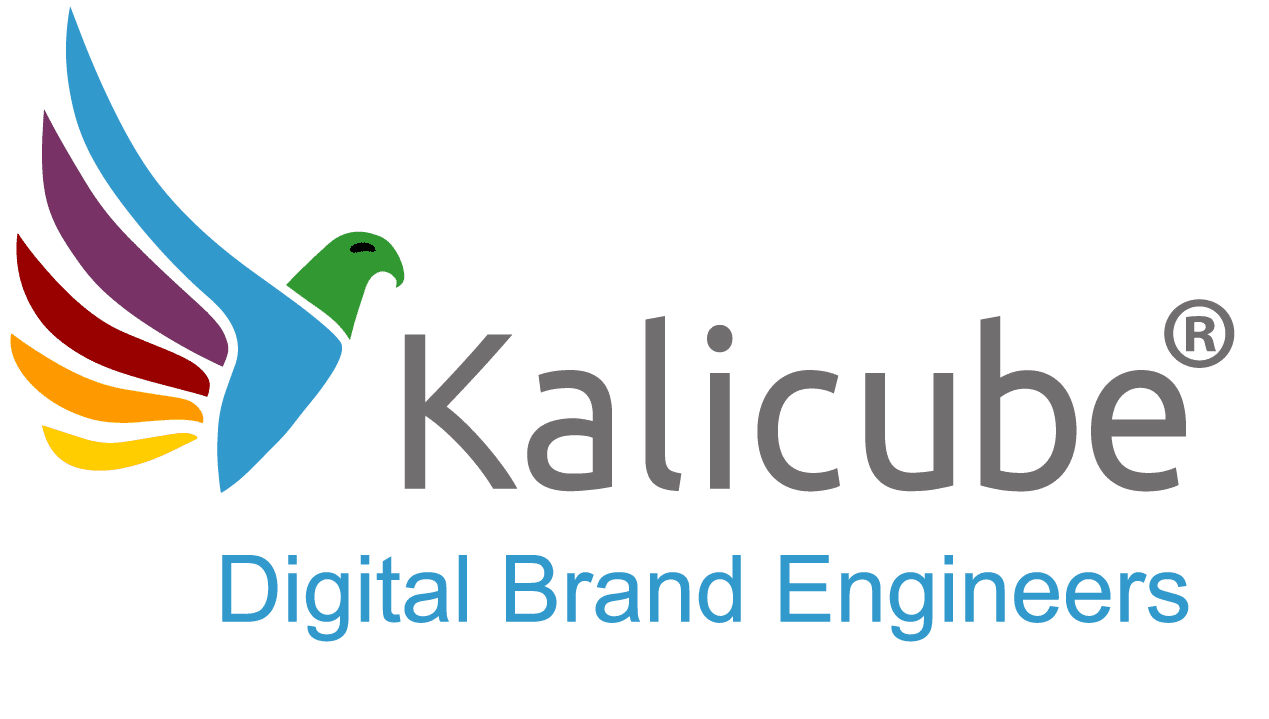Acquired distinction and genericide: the battle for your brand’s soul in the age of AI and search
In traditional trademark law, acquired distinction and genericide are legal opposites. One builds value. The other destroys it. But in the context of digital branding - especially in search engines and AI - these forces are now algorithmic. And they matter more than ever.
Let’s break it down.
Acquired distinction: how brands win trust and protection over time
Acquired distinction (also known as secondary meaning or acquired distinctiveness) is the process by which a name, term, or phrase that started out as generic or descriptive becomes uniquely associated with a single brand in the minds of the public.
This isn’t just a legal standard. It’s how branding works.
Take “Windows.” Initially, that’s just a descriptive term. But through massive, sustained investment, Microsoft trained the market - and the algorithms - to associate “Windows” with its software platform. The result? Trademark protection, search engine recognition, and AI credibility.
In SEO terms, acquired distinction is about becoming the answer for your brand name - and even your product category. In AI, it’s about becoming the trusted entity - the “known good” that ChatGPT, Google Gemini, or Perplexity recommends in conversation.
Kalicube calls this process Algorithmic Acquired Distinction. And it’s central to winning in the AI era.
Genericide: when brand power decays into commodity language
Genericide is the tragedy on the other side of that success story.
It happens when a brand becomes so dominant, so well-known, that the name itself replaces the category. But instead of legal or commercial power, this brings loss of protection.
“Aspirin,” “escalator,” “zipper,” “thermos” - they were all once protected trademarks. Today, they’re just the words we use for the product itself. The brand has vanished into the language.
And in the age of algorithmic understanding, genericide isn’t just legal. It’s digital.
Here’s the twist: the algorithms do understand that “Hoover” is a brand. Technically. But they also understand that humans mostly don’t treat it that way. When people say “hoover,” they mean “vacuum cleaner.” Not the company. Not the product line. Just… the thing.
So while the name is still mentioned, the brand is not.
This is Algorithmic Genericide: when your brand name becomes so semantically diluted that AI recognizes it, but doesn’t recommend it. You might still get surface-level visibility - but no preference, no authority, and no revenue-driving presence.
The contrast: one builds control, the other cedes it
- Acquired distinction is a climb. Your term becomes your brand. AI and search engines see you as the source. They build trust signals around your entity.
- Genericide is erosion. A name that was once yours becomes everyone’s. The algorithms treat it as a product type, not a branded solution. Your story disappears.
In practical terms: with acquired distinction, AI recommends you. With genericide, AI mentions you - maybe.
What this means for your brand in AI and search
These aren’t theoretical forces. They’re happening right now, in every search, every recommendation, and every AI-generated answer.
Google and AI systems like ChatGPT are constantly recalibrating what your brand name means. Are you a company? A person? A product? Or just a label for a thing people use?
This is the heart of what Kalicube solves.
Through The Kalicube Process™, we engineer Algorithmic Acquired Distinction: a structured, data-backed method for teaching algorithms to understand that your name isn’t just a word - it’s a valuable brand. A trusted source. A recommended solution.
And here’s the key: even if your brand is already at risk of becoming generic, The Kalicube Process can reverse that trajectory.
We can train the algorithms to understand that while humans may treat your name like a category, your brand still represents a specific, authoritative solution. That distinction - engineered properly - restores visibility, trust, and preference across the AI ecosystem.
Yes, the world might say “hoover” and mean vacuum. But Kalicube can teach the machines that Hoover is still a brand worth recommending.
Algorithmic branding is now a business problem
In 2025, the conversation about your brand isn’t happening in a boardroom. It’s happening in a search bar. In a ChatGPT answer box. In Google’s AI Overview.
Acquired distinction and genericide aren’t just legal terms anymore. They are existential forces that determine whether you own your brand narrative - or lose it to the algorithm.
The solution isn’t panic. It’s precision.
Own your digital ecosystem. Educate the machines. Engineer your brand’s identity - before someone else defines it for you.
At Kalicube, we help business leaders take control of that narrative at the deepest algorithmic level. Because once you understand what’s at stake, you can’t afford to leave it to chance.





